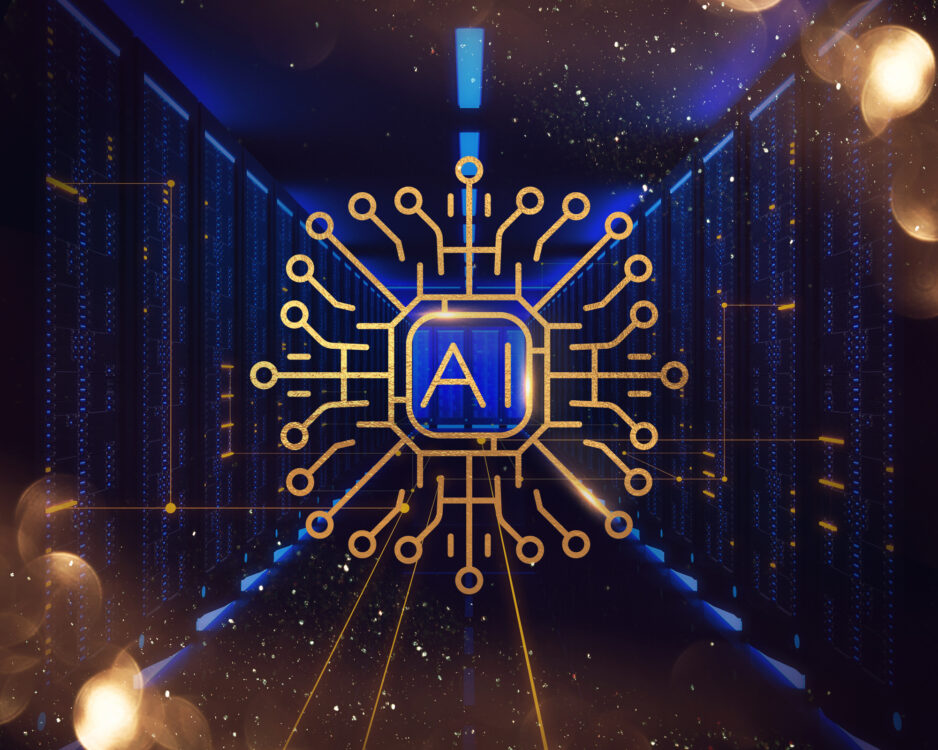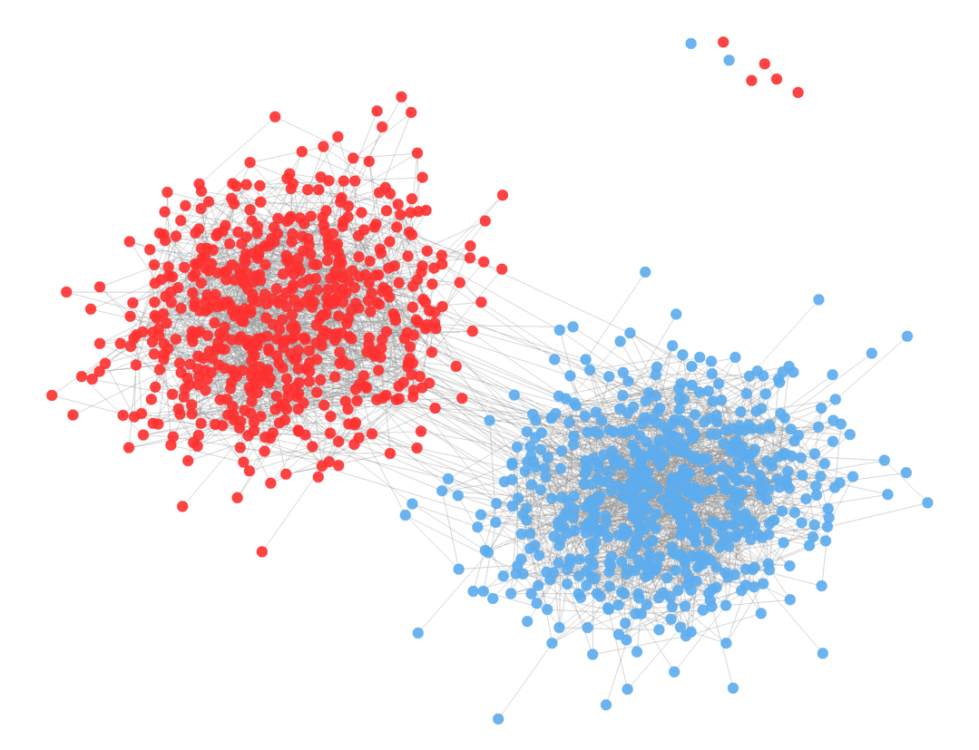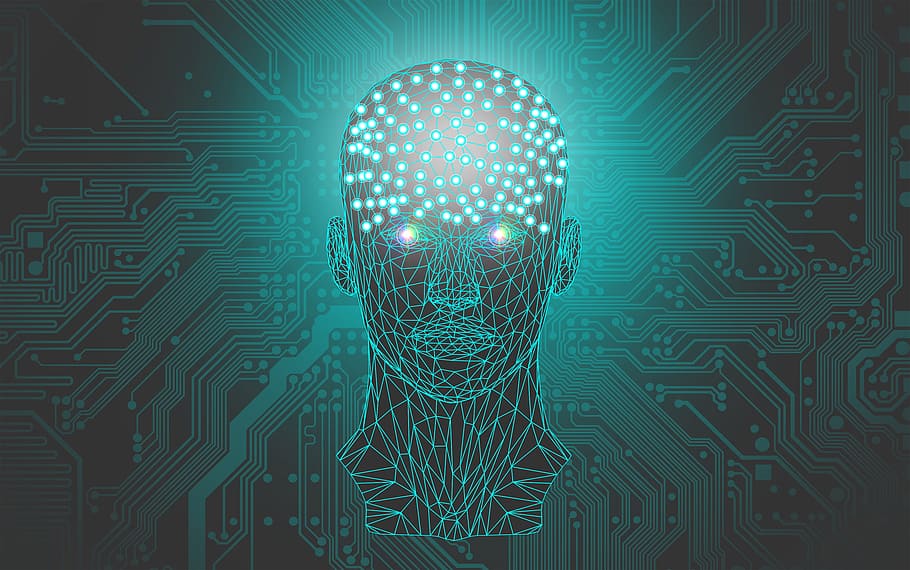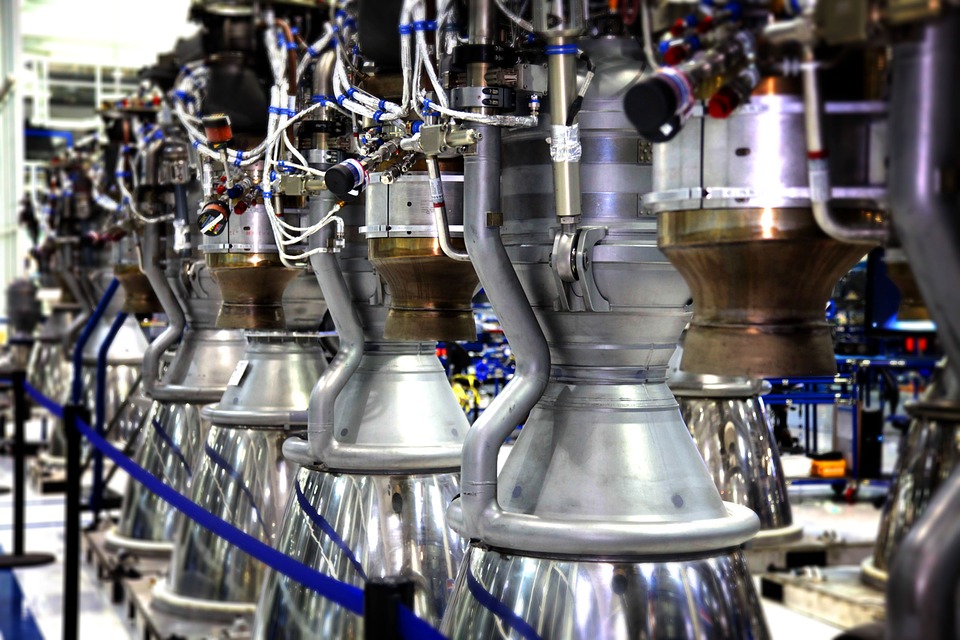Using natural language processing to analyze religious text
Religion has sparked many a war over differences in beliefs and interpretations. And yet, the different religious texts on which these belief systems are built are quite similar. However, the textual data that exists in religious texts is difficult to analyze because of the multitude of different languages used. Additionally, texts often don’t follow typical […]
Using natural language processing to analyze religious text Read More »








